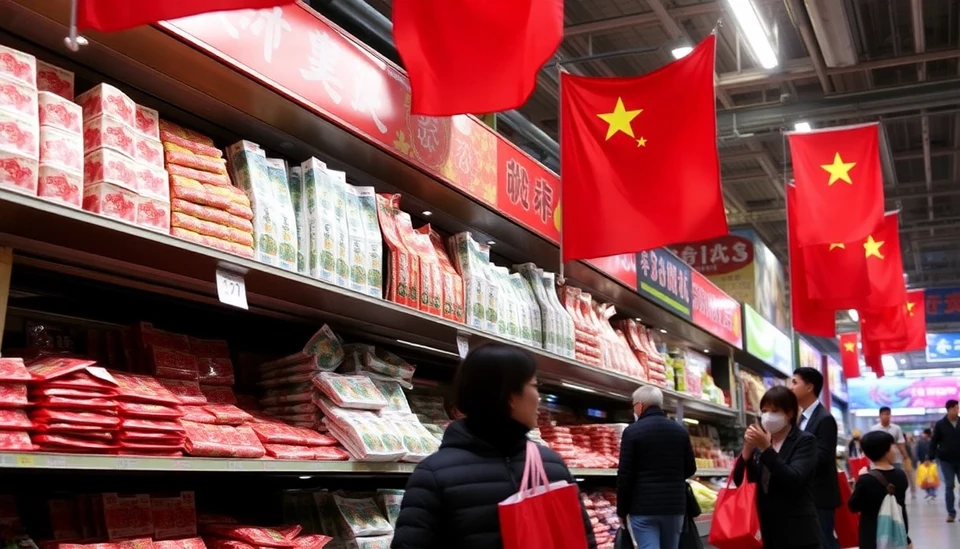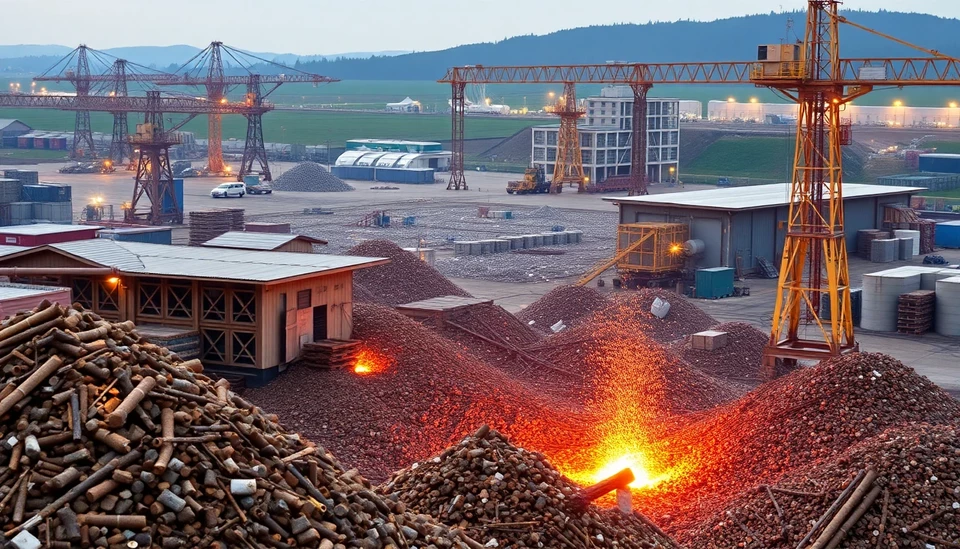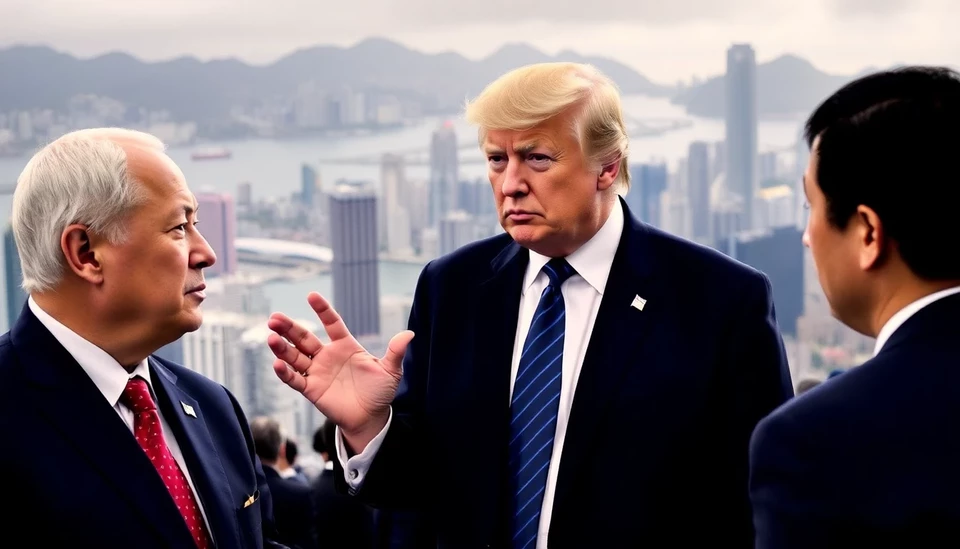
In a surprising development, the latest data reveals that consumer inflation in China has begun to slow down, even in the face of significant government efforts aimed at stimulating economic growth. This trend raises questions about the efficacy of the measures being implemented by the Chinese authorities to invigorate domestic demand.
According to the National Bureau of Statistics, China’s year-on-year consumer price index (CPI) rose only 0.2% in November, down from 0.5% in October. Analysts had anticipated a more robust inflation environment, particularly as the government rolled out various stimulus packages intended to raise spending and rejuvenate the economy. The persistent deflationary pressures in some sectors further complicate the monetary landscape, with several economists expressing concern over the potential long-term effects on economic stability.
The report indicated a noticeable decline in food prices, with pork and vegetable costs showing a significant decrease compared to previous months. This reduction in food prices can be partly attributed to the seasonal supply adjustments and government intervention aimed at stabilizing market rates. Non-food inflation remained relatively tepid, which signals a broader issue with consumer confidence and spending habits in the wake of the pandemic.
Experts suggest that the sluggish inflation could be a result of various interconnected factors, including changing consumer behavior, lingering pandemic-related uncertainties, and shifting economic priorities among the populace. Even as urban dwellers return to more normalized spending patterns, the overall consumer sentiment remains cautious, hampering potential economic acceleration.
The Chinese government, in response to this inflation deceleration, has reiterated its commitment to maintain supportive policies that prioritize economic recovery. Monetary easing measures and targeted fiscal stimulus are on the table as authorities seek to bolster domestic consumption. However, some analysts remain skeptical, arguing that without a significant boost to consumer sentiment, these efforts may yield only limited results.
The slowdown in consumer inflation is noteworthy not just for China, but also for global markets, as economists will closely monitor how this trend influences international trade dynamics and financial markets. Beijing's approach to balancing inflation control and growth support will be critical as it navigates a complex post-pandemic recovery landscape.
In conclusion, the slowdown of consumer inflation in China despite government stimulus efforts presents a paradox that will require careful analysis and adaptive policy responses. As the country strives to reinvigorate its economy, understanding the root causes of this trend will be vital for policymakers and stakeholders alike.
As always, we will keep a close eye on future developments in China's economic landscape and the ongoing implications for consumers and businesses within and outside its borders.
#China #Inflation #Economy #Stimulus #ConsumerPrices #EconomicGrowth #MarketTrends
Author: Rachel Greene




